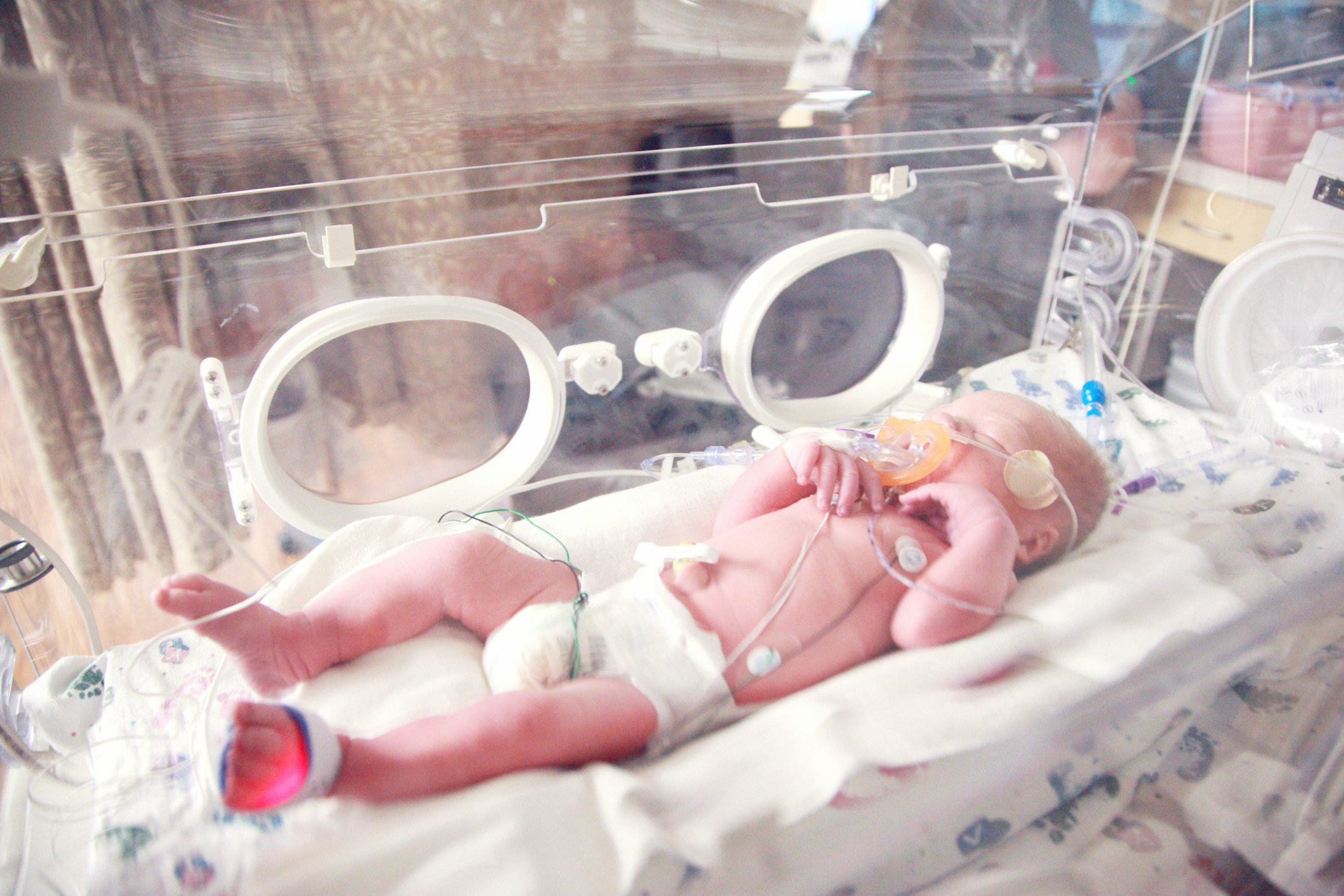BabyCenter states that Babies born before 22 weeks usually don’t survive, but those born at around 26 weeks can survive with intensive medical care. Micropreemies in this range need extra support to protect their brain, lungs, and other organs from long-term damage. The more time a baby spends in the womb, up to 39 weeks, the better their overall health and development.
Today’s innovations in neonatal care are providing more hope than ever before. From advanced monitoring devices to cutting-edge treatments, these tools are giving preemies better chances of thriving.
What’s even better? Parents can now manage a lot of their baby’s care right from home, thanks to remote health tech. With these advancements, preemies can receive high-quality care without constant hospital visits, offering parents peace of mind.
In this article, we’ll explore how tech innovations are reshaping neonatal care for preemie parents, offering improved outcomes for their little ones.
Monitoring Technology for Preemie Health at Home
Preemie parents often face long hospital stays and frequent doctor visits. However, with the rise of monitoring technologies, caring for a premature baby at home has become more manageable and less stressful.
Fact.MR notes that the global baby monitor market is booming, expected to reach over $567 million in 2022. With growth continuing at a steady 8.3% CAGR, it will reach a valuation of $1.26 billion by 2032.
Technology is playing a huge role in the expansion of baby care products, especially with the rise of Internet of Things (IoT) devices. Manufacturers are now offering affordable, wireless sensor-based systems that monitor baby movements, helping parents detect irregularities with ease.
Moreover, devices like home-use pulse oximeters allow parents to track vital signs such as heart rate, oxygen levels, and breathing patterns. This data is sent directly to their smartphones, enabling them to keep a close eye on their baby’s health. These tools offer parents immediate alerts if anything unusual happens, empowering them with the confidence to take action quickly.
Advancements in Treating Necrotizing Enterocolitis (NEC)
NIH mentions that necrotizing enterocolitis (NEC) is a devastating condition that affects the intestines of preemies, often leading to severe complications. One of the key factors linked to NEC is the use of cow’s milk-based baby formulas, which are commonly given to preemies in NICUs. Research has shown that preemies fed these formulas have a higher risk of developing NEC compared to those fed breast milk or donor milk.
To address this, healthcare providers are increasingly using breast milk fortifiers or probiotics to promote gut health in preemies. These advancements in feeding strategies are helping reduce the incidence of NEC and improving survival rates for these vulnerable babies.
According to TorHoerman Law, lawsuits have emerged against major baby formula manufacturers, such as Similac and Enfamil. The allegations allege that they did not appropriately notify parents and medical experts about the dangers of NEC linked with the baby formula. Parents of preemies who developed NEC after being fed cow’s milk-based formulas are seeking compensation for the harm caused.
These lawsuits have brought attention to the need for better labeling and clearer warnings. At the same time, they highlight the importance of using alternative feeding options to reduce the risk of this life-threatening condition.
An October 2024 update from the Lawsuit Information Center notes that 27 new cases have been filed, bringing the total NEC lawsuits to 598. The focus has shifted to a NEC baby formula lawsuit by a Missouri family against formula manufacturers and St. Louis Children’s Hospital. The family claims their premature son, born at 28 weeks in 2017, developed NEC and seeks compensation for his injuries.
Telemedicine and Remote Consultations
One of the most significant innovations in neonatal care for preemie parents is the rise of telemedicine. Through video consultations, parents can speak directly with neonatologists and pediatricians without visiting a hospital physically. This is especially helpful for parents of preemies who need frequent follow-ups and expert advice.
Remote consultations save time, as parents can discuss concerns, review health data, and receive medical guidance from the comfort of their homes. Telemedicine also ensures that preemie parents have access to specialists, even if they live far from a neonatal care center.
FAQs
Can baby monitors detect sleep apnea in preemies?
Some advanced baby monitors are designed to detect irregular breathing patterns, such as sleep apnea. These devices use sensors to monitor oxygen levels and alert parents if a problem arises. This is particularly beneficial for preemies, who are more susceptible to breathing difficulties.
What role do probiotics play in NEC prevention?
Probiotics are increasingly used in neonatal care to support gut health in premature babies. They help reduce the risk of developing NEC, a dangerous condition affecting the intestines. Probiotics are improving preemie survival rates and minimizing the impact of formula feeding on gut health by promoting healthy digestion.
Can telemedicine help reduce hospital readmissions?
Telemedicine allows healthcare providers to monitor preemie health closely through virtual consultations and remote data tracking. Doctors can intervene before a hospital visit becomes necessary by identifying potential issues early. This reduces the likelihood of readmissions, making care more convenient and continuous.
Neonatal care is going through an exciting tech revolution, and it’s making a big difference for preemie parents. While the challenges of caring for premature babies are still complex, innovations like remote monitoring and new feeding strategies are giving families hope. These advancements improve medical outcomes while helping parents stay more connected to their baby’s care.
Telemedicine is also playing a huge role by breaking down geographical barriers, and ensuring that every preemie has access to essential specialist support. With technology advancing at this pace, the future of neonatal care looks brighter than ever for these tiny fighters and their families.

